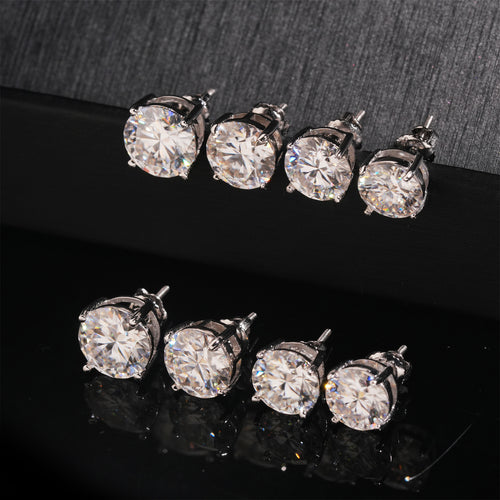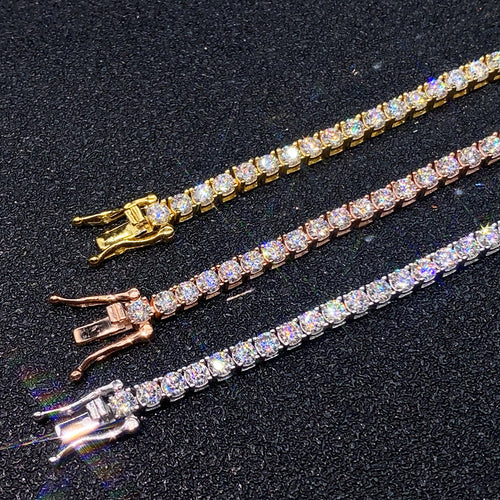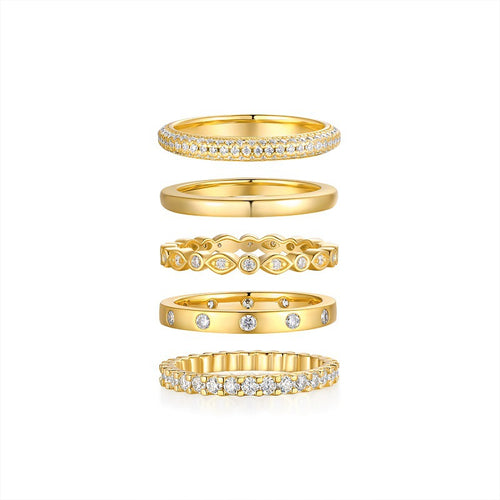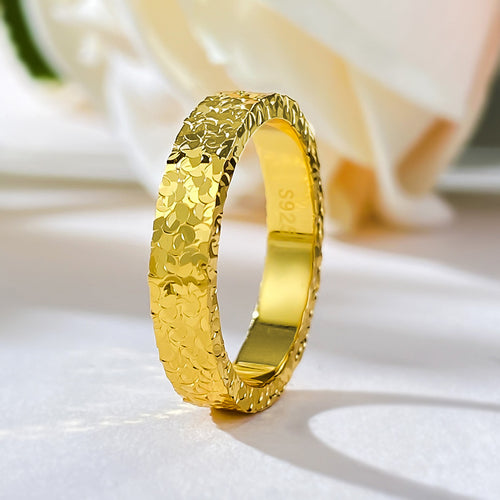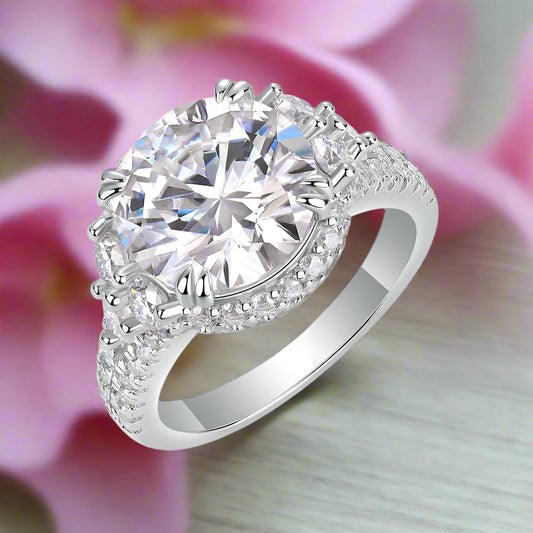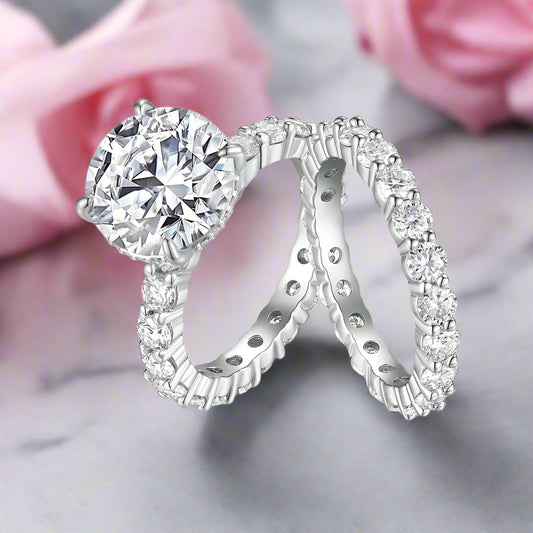When it comes to choosing a gemstone for engagement rings or fine jewelry, physical properties play a significant role in determining longevity, beauty, and practicality. Among the many alternatives to diamonds, moissanite has emerged as a leading choice thanks to its remarkable balance of brilliance, affordability, and resilience. Let’s explore the core physical properties of moissanite: hardness, toughness, and durability.
Hardness: Resistance to Scratches

Hardness measures a gemstone’s ability to resist scratching and surface damage. On the Mohs Scale of Hardness, moissanite scores 9.25, making it one of the hardest gemstones available - second only to diamonds at 10. This means that everyday objects like keys, coins, or even other gemstones are unlikely to scratch moissanite. For jewelry worn daily, such as engagement rings or wedding bands, this superior hardness ensures that moissanite maintains its pristine surface shine for decades.
Toughness: Resistance to Breaking or Chipping

While hardness refers to scratch resistance, toughness measures a stone’s ability to withstand physical impacts, pressure, or sharp blows. Moissanite demonstrates excellent toughness, ranking higher than most natural gemstones. This makes it less prone to cracking or chipping when compared to diamond, sapphire, or emerald. Its toughness gives wearers peace of mind that their gemstone can handle the occasional bump or accidental drop without catastrophic damage.
Durability: Longevity and Everyday Wearability
Durability is the combined measure of hardness, toughness, and chemical stability. Moissanite excels in all three areas, making it highly durable for everyday wear. Unlike softer stones such as opal or pearl, moissanite resists wear and tear from daily activities. It also has excellent heat resistance and is not affected by common household chemicals, ensuring its brilliance remains untarnished over time.

Why These Qualities Matter for Jewelry Buyers
-
Everyday Use: Moissanite’s durability makes it ideal for engagement rings and wedding jewelry, which are worn daily and exposed to more wear than other accessories.
-
Affordability Without Sacrifice: Buyers can enjoy a gemstone with diamond-like sparkle and strength at a fraction of the cost.
-
Sustainable Choice: Lab-grown moissanite offers eco-friendly sourcing without sacrificing performance or longevity.

Frequently Asked Questions (FAQs)
1. Is moissanite as durable as diamond?
Yes. While diamond is slightly harder, moissanite offers excellent toughness and overall durability, making it more resistant to chipping than many other gemstones.
2. Can moissanite scratch or lose its sparkle over time?
With a hardness of 9.25 on the Mohs scale, moissanite is highly scratch-resistant and maintains its brilliance for a lifetime with normal care.
3. How does moissanite handle heat and chemicals?
Moissanite has excellent heat resistance and is unaffected by most household chemicals, ensuring long-term beauty and stability.
4. Is moissanite suitable for everyday wear in engagement rings?
Absolutely. Its combination of hardness, toughness, and durability makes moissanite ideal for jewelry worn daily, such as engagement or wedding rings.
5. How does moissanite compare in price to diamond?
Moissanite is significantly more affordable than diamond while offering comparable brilliance and durability, making it a popular alternative.

When evaluating gemstones, it’s important to consider more than just beauty. With outstanding hardness, toughness, and durability, moissanite proves to be not only a dazzling diamond alternative but also one of the most practical choices for long-lasting jewelry. For those seeking brilliance, value, and resilience in a gemstone, moissanite checks every box.


